Roadside
Similar in essence to licensed pitches and a popular choice for a daily operation. Once the choice of all operators, why? No rent, no contracts and you come and go as you please, together with fantastic profit margins (in the right spot). In the past around 10 units operated on the A34 along the stretch from the M42 to Oxford, open 24/7 they were reported to be taking thousands each week.
Sadly the council had a campaign to have them closed down claiming they were a traffic hazard, using a piece of legislation called the Miscellaneous Provisions Act, which empowered the council to make trading on all the roads in the Borough illegal. Sadly many councils have followed suit, albeit some have also licensed back certain roads as designated trading areas which has given traders greater financial security.
Due to recent legislation at European level, the LG Miscellaneous Provisions Act and the Pedlars Act are currently under review by the UK Government. NCASS are petitioning the government for changes favourable to road side caterers and licensed pitches; hopefully this will enable more catering businesses to start up and run profitably.




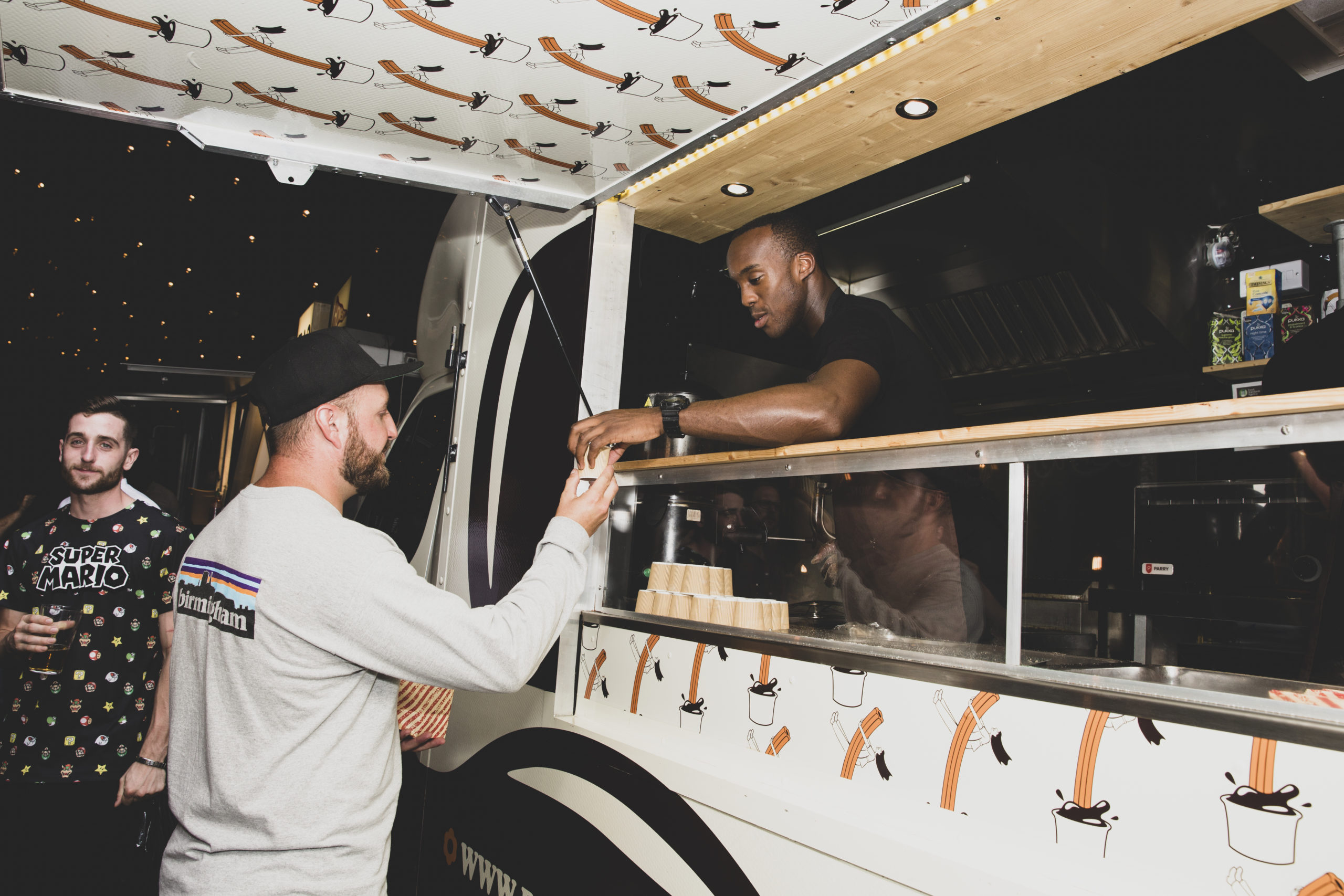


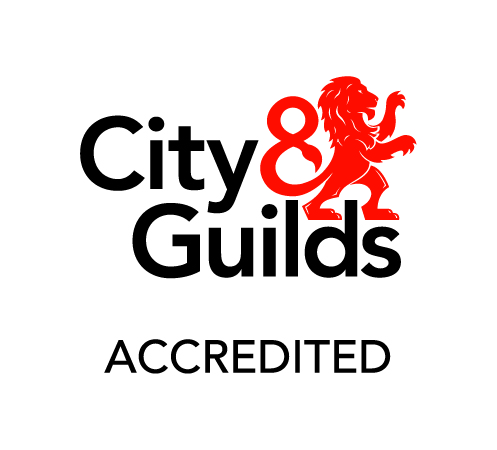
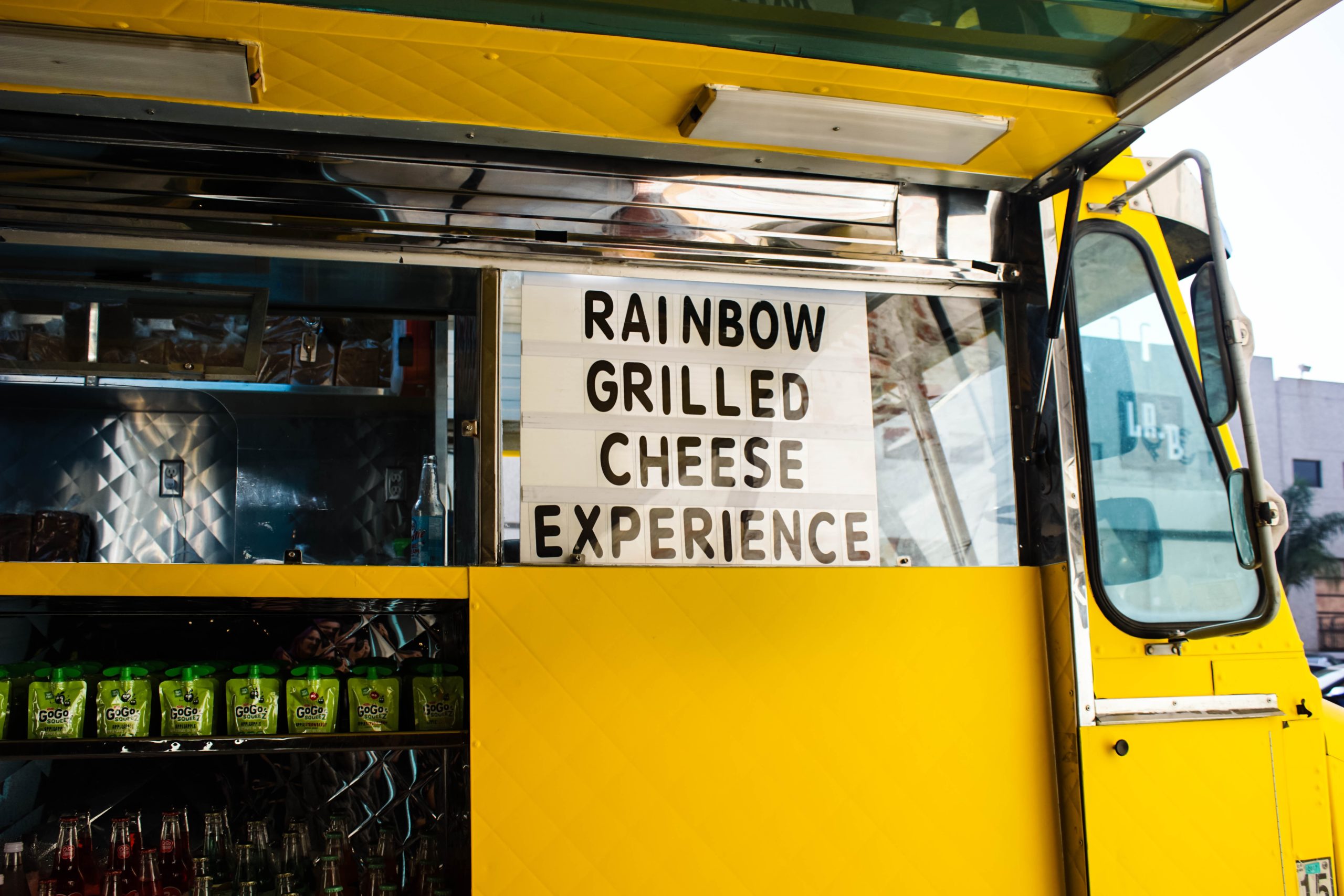
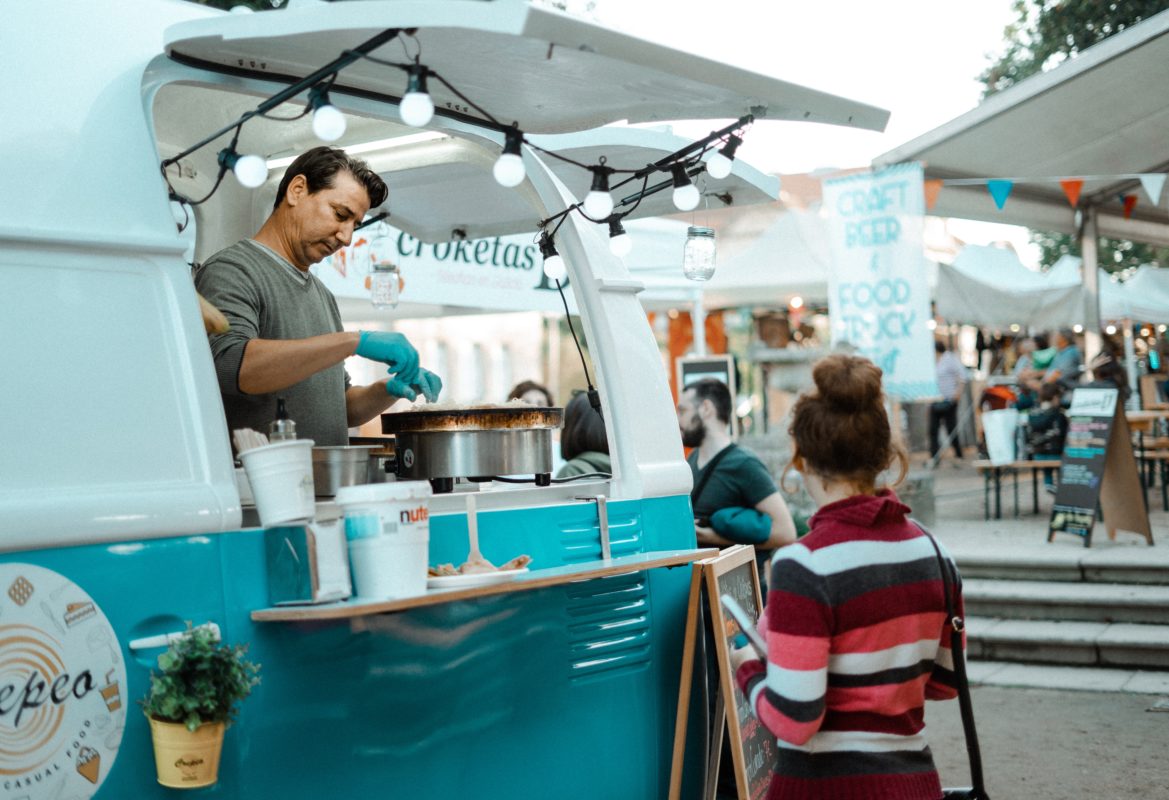
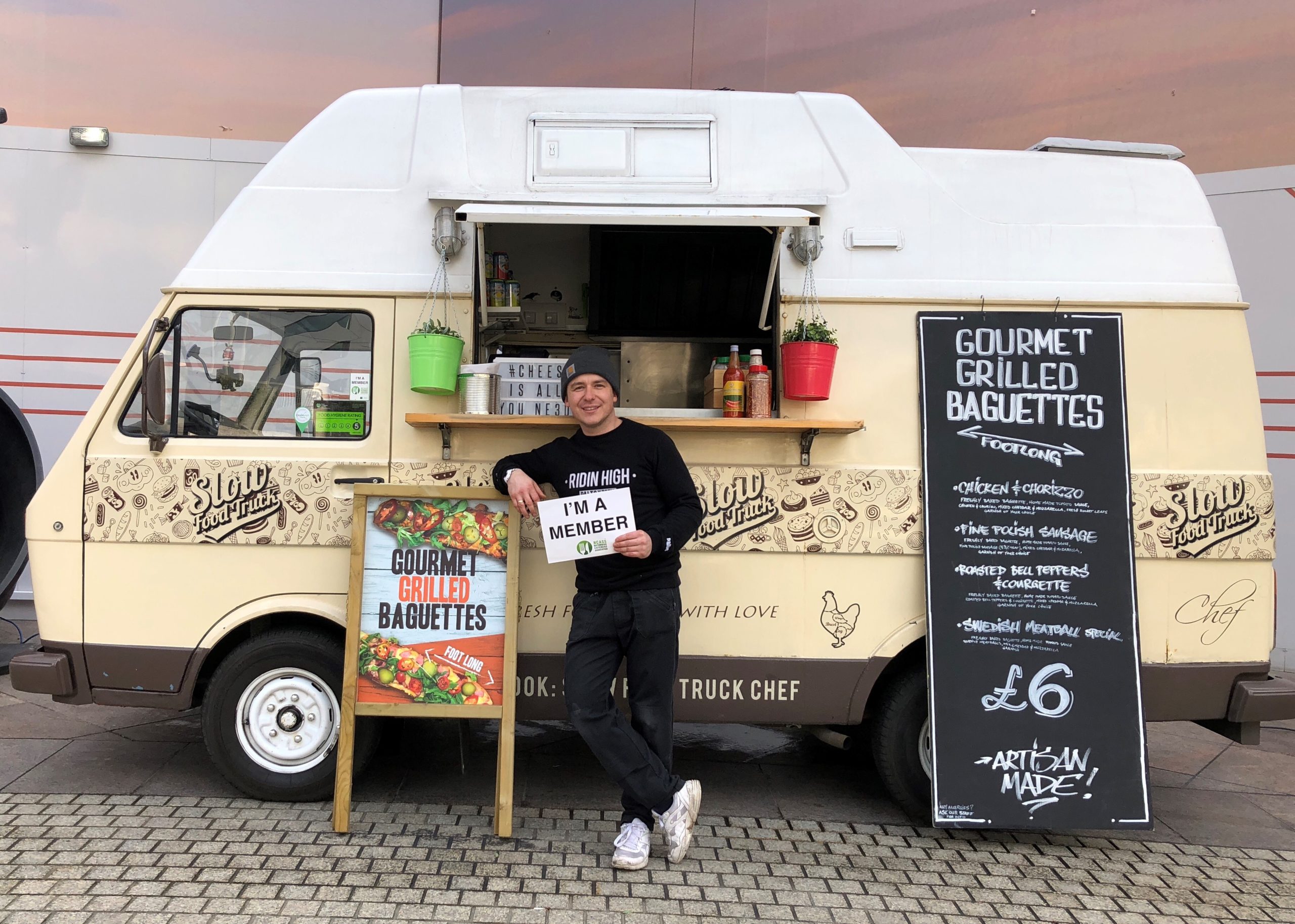
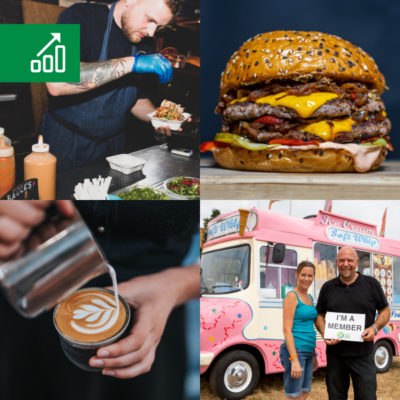


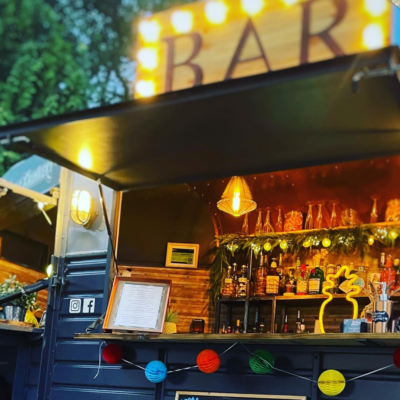

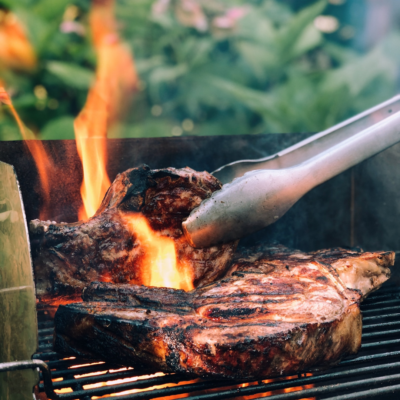
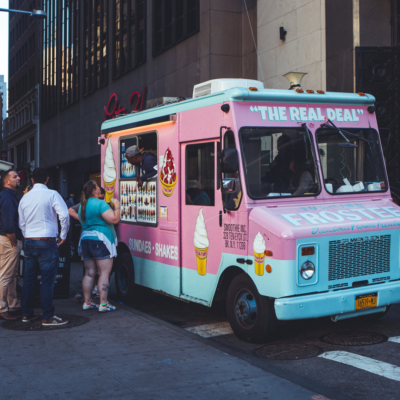


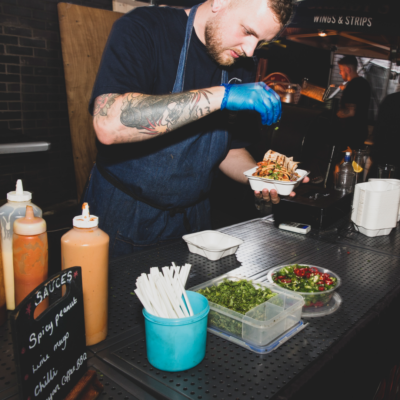
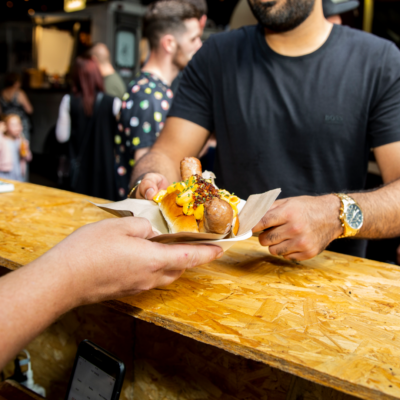
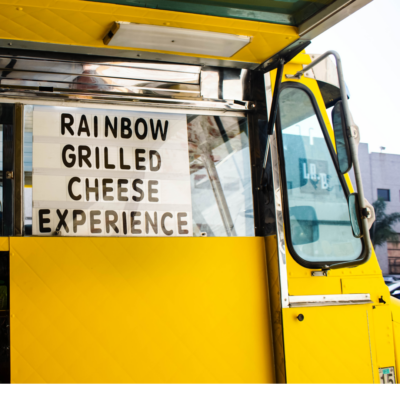





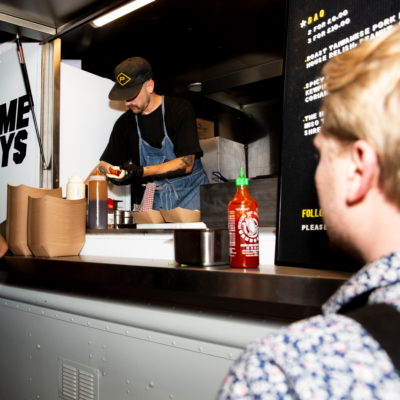






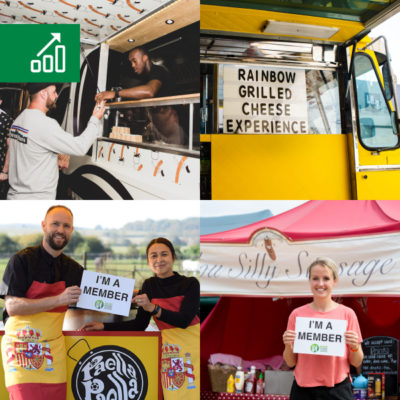
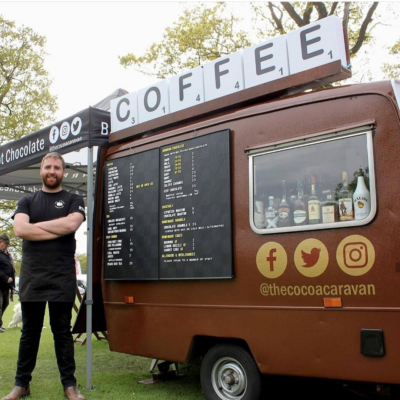
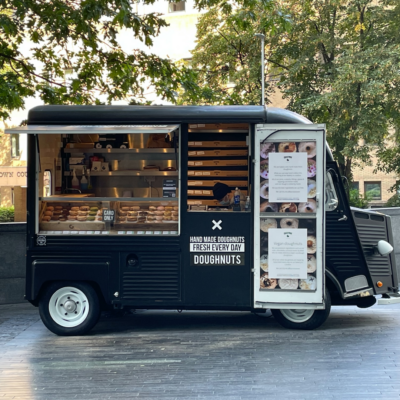
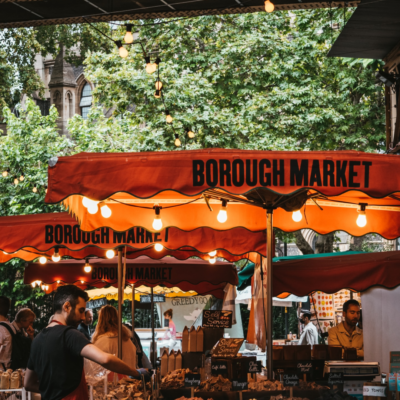


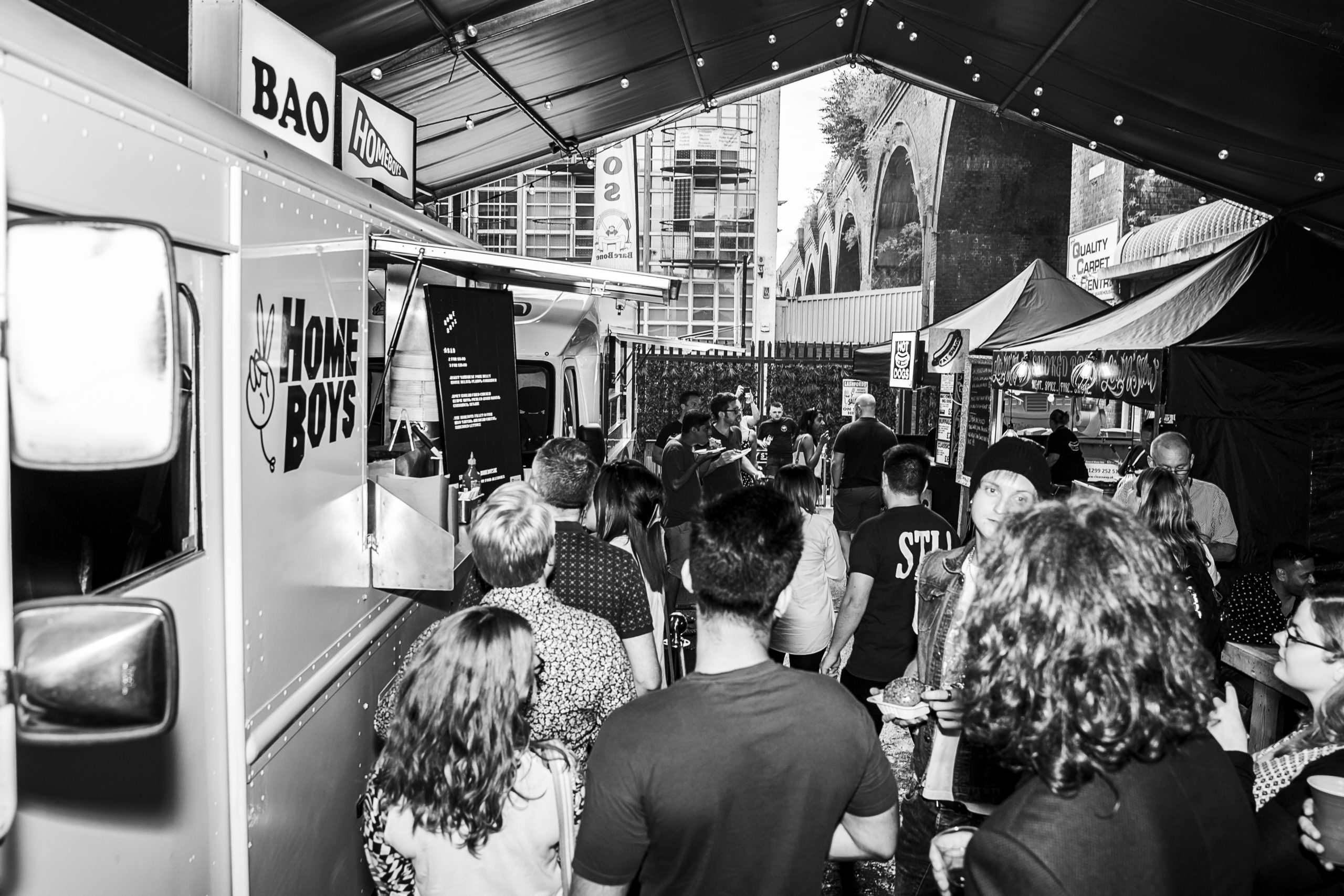

 Featured Training
Featured Training